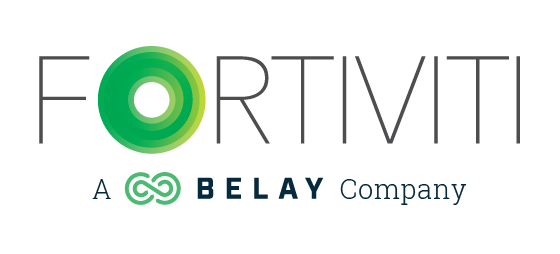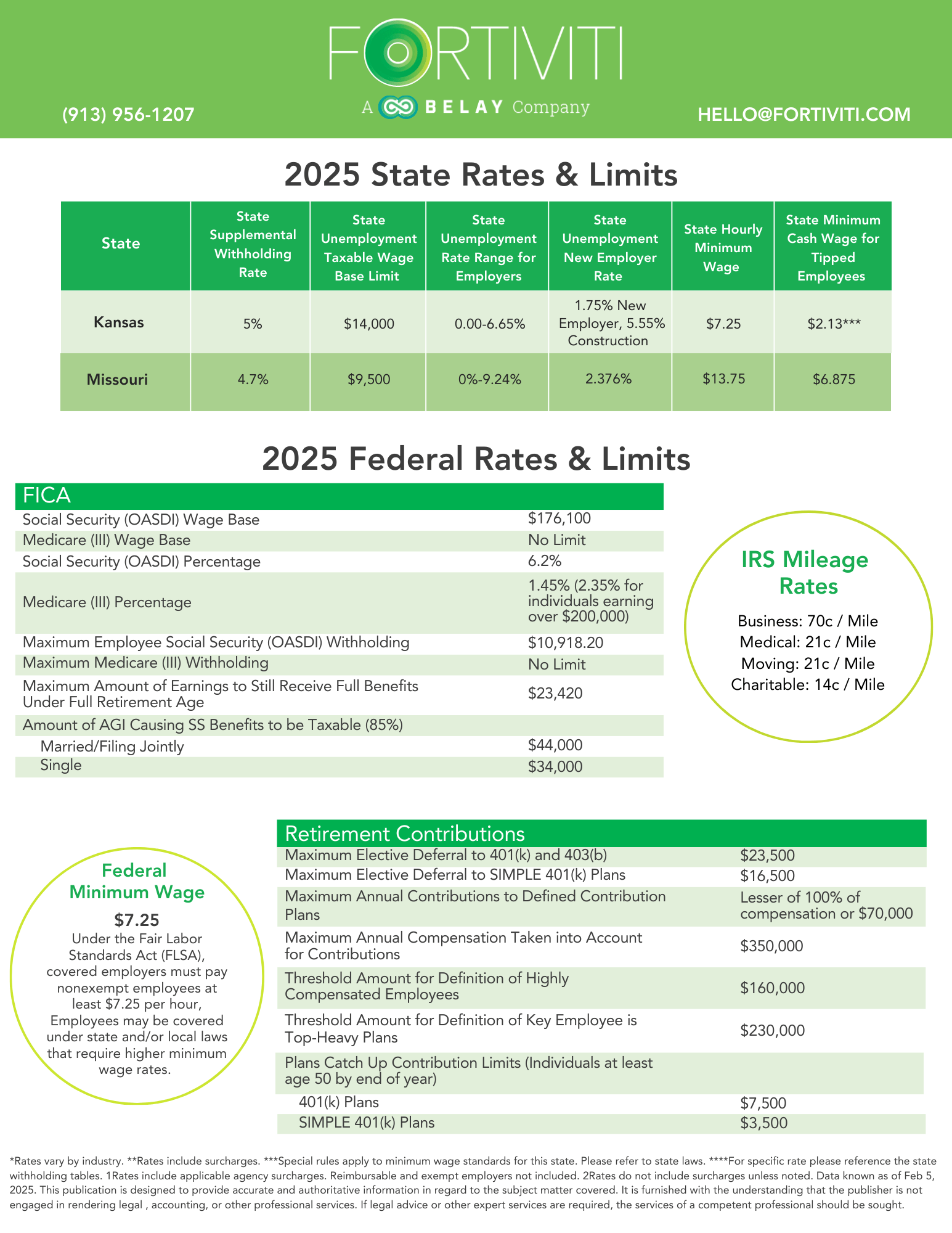Now that most individuals and companies have closed out their 2024 books, it’s time to focus on the 2025 tax year that we are currently in. We often push one of the most critical aspects of running a business to the backburner until the year has passed us, but staying on top of deadlines and maximizing available tax breaks can save time, money, and stress. Missing key deadlines can lead to costly penalties, while overlooking tax benefits could mean leaving money on the table.
Important Tax Deadlines for 2025
- January 31, 2025: Deadline to file W-2 forms for employees and 1099 forms for contractors.
- March 15, 2025: Tax filing deadline for S Corporations and Partnerships (Form 1120S and Form 1065).
- April 15, 2025: Filing deadline for sole proprietors and C Corporations (Form 1040 and Form 1120). Also, the deadline for first-quarter estimated taxes.
- June 15, September 15, and January 15 (2026): Deadlines for second, third, and fourth quarterly estimated tax payments.
- October 15, 2025: Final deadline for extended individual and corporate tax returns (if an extension was filed by April 15).
Essential Tax Breaks for Small Businesses in 2025
- Section 179 Deduction:
Businesses can deduct the full cost of qualifying equipment or software purchased in 2025 instead of depreciating it over time. This is particularly useful for businesses making significant investments in machinery, vehicles, or technology. - Qualified Business Income (QBI) Deduction:
Eligible small businesses can deduct up to 20% of their qualified business income, reducing taxable income for pass-through entities like LLCs, S Corporations, and sole proprietorships. - Work Opportunity Tax Credit (WOTC):
A credit available to employers who hire individuals from certain target groups, such as veterans or long-term unemployed workers. - Home Office Deduction:
Small business owners working from home can deduct a portion of their mortgage, rent, utilities, or other home-related expenses if a dedicated space is used exclusively for business. - Startup Expense Deduction:
Businesses can deduct up to $5,000 in startup costs and another $5,000 in organizational expenses during their first year of operation. - Energy-Efficient Tax Credits:
Small businesses that invest in energy-efficient building improvements or equipment may qualify for credits under programs like the Energy Efficient Commercial Buildings Deduction. - Research and Development (R&D) Tax Credit:
Businesses investing in product development, software improvements, or innovative processes can benefit from this credit, which offsets costs associated with innovation.
Pro Tips for Tax Season Success
- Start early: Gather financial documents well in advance to avoid last-minute stress.
- Consult a professional: Work with an accountant or tax advisor to ensure compliance and maximize deductions.
- Keep accurate records: Maintain detailed records of expenses, invoices, and receipts throughout the year to support claims during tax filing.
- Use technology: Invest in accounting software to simplify bookkeeping and streamline reporting.
Tax season doesn’t have to be overwhelming if you approach it with preparation and awareness. By knowing the key tax deadlines for 2025, staying informed about valuable tax breaks, and working with your CPA, small business owners can position themselves for financial success. Staying organized, seeking professional advice, and leveraging tax credits and deductions are not just about compliance—they’re about building a more financially secure and thriving business. With the right strategies in place, you can navigate tax season confidently and make the most of what 2025 has to offer.
Posted in Accounting Solutions, Small Business Accounting, Tax Law

